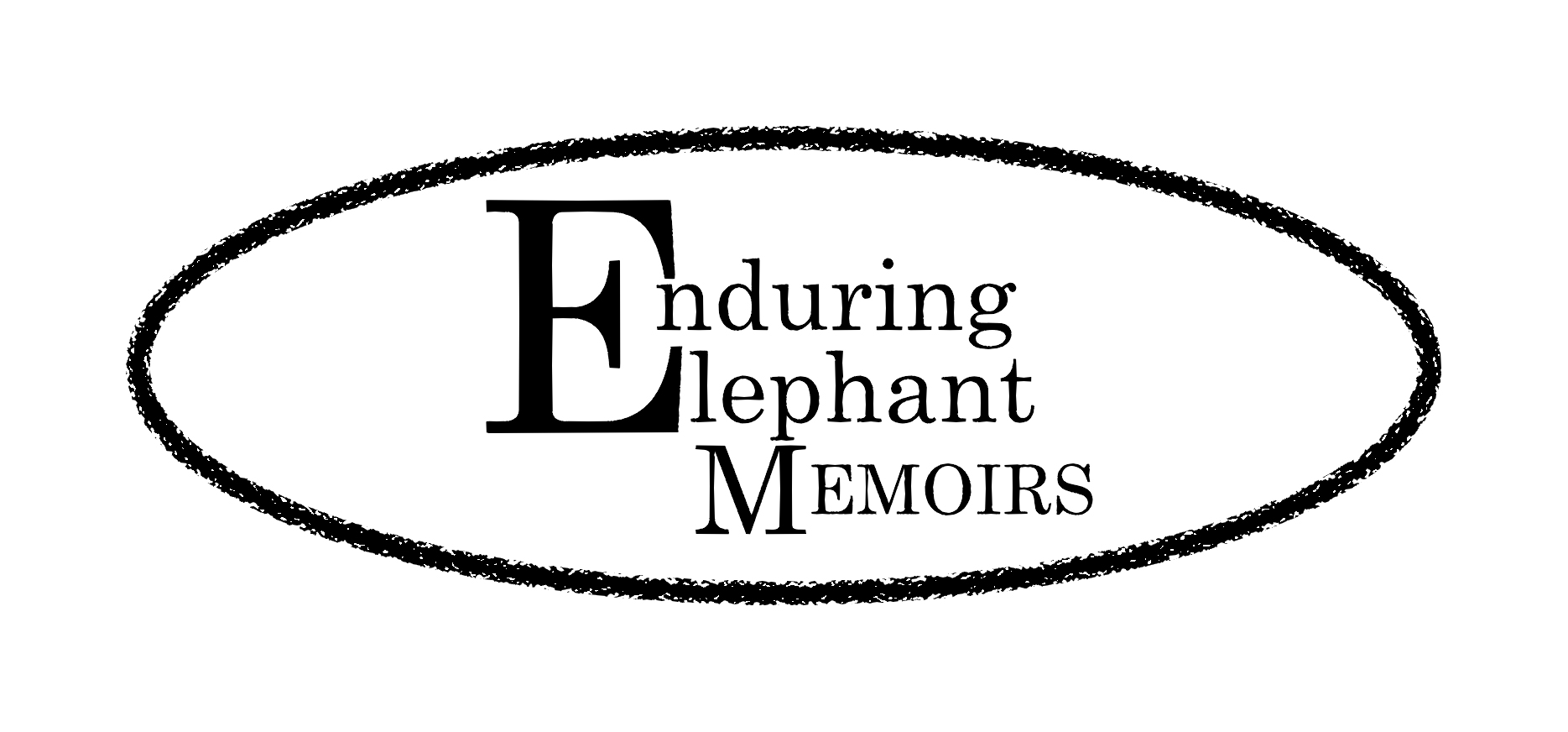The Stupid Thing My Psychiatrist Said When I Was Suffering from Postpartum Psychosis, Treatments for Postpartum Psychosis, Pick Your Poison
My Story
In an emergency, I met with my psychiatrist for help, and here is what he said:
“There are only two things I can do for you. I can prescribe you medication. Or I can admit you to the psych hospital.”
This answer infuriated and frustrated me. Why?
It felt like a copout. I wanted intangibles:
Like hope and reassurance--someone to tell me I would recover someday. Or at least learn to manage my symptoms.
Like empathy and support--someone who would understand what I was going through emotionally and who would offer me insight into my struggle. Compassion.
But these require either imagination or personal experience, both of which are in short supply in American psychiatry, which trains its psychiatrists to treat mental illness by thinking in terms of pills and hospitals.
I bet you’re thinking what I’m advocating for falls under the provenance of social work, counseling, or psychotherapy. But surely there’s room for greater compassion and deeper insight in American psychiatric practice?
Treatments for postpartum psychosis
Pills: Typically mood stabilizers and anti-psychotics. (Remember each individual responds uniquely to different drugs and drug combinations.)
Psych hospitals: In the U.S., only afflicted mothers are typically allowed to be admitted to psych wards. Standard American health care practice for mothers with postpartum psychosis calls for separating moms from their babies by hospitalizing moms in psych wards. This intervention is considered a safety issue intended to protect babies from possible harm, and, I suspect, to protect medical professionals from potential liability.
Mother and Baby Units (MBUs): Although common in other countries, American MBU inpatient treatment facilities that offer specialized psychiatric and skills training for distressed moms can only be found in two places in the U.S.--in North Carolina and New York.
Transcranial Magnetic Stimulation (TMS), a non-invasive procedure whereby a magnet reroutes the electrical currents in the brain.
Electroconvulsive shock therapy (ECT) in which the mother is put under anesthesia before an electric current briefly inundates the brain. This procedure serves as a last resort for intractable cases of psychosis.
The Takeaway
During and after my postpartum psychosis, I desperately needed encouragement from the medical community and help with learning to care for my newborn.
Mothers, I strongly recommend advocating for yourselves to find a knowledgeable female psychiatrist, or better yet, one who specializes in treating postpartum psychosis, to gain a better understanding of your treatment options, including inpatient MBUs, of which there are only two located in the U.S.--the Perinatal Psychiatry Inpatient Unit, Chapel Hill (UNC) and Northwell Health Perinatal Psychiatry Service in New York.
I wish I had thought to ask for a referral to a more qualified psychiatrist, one who specialized in postpartum mood disorders, and one who could at least imagine my recovery as more than just an endless journey from pills to psych hospitals.
For desperate mothers, I’m here to tell you that with the right treatment plan and proper support, you too can make a remarkable recovery.
